Putin is threatening ‘nuclear blackmail’ in Ukraine – but the world must not give in, historian says
US academic Timothy Snyder tells Kim Sengupta that Ukrainians are fighting for the democratic world

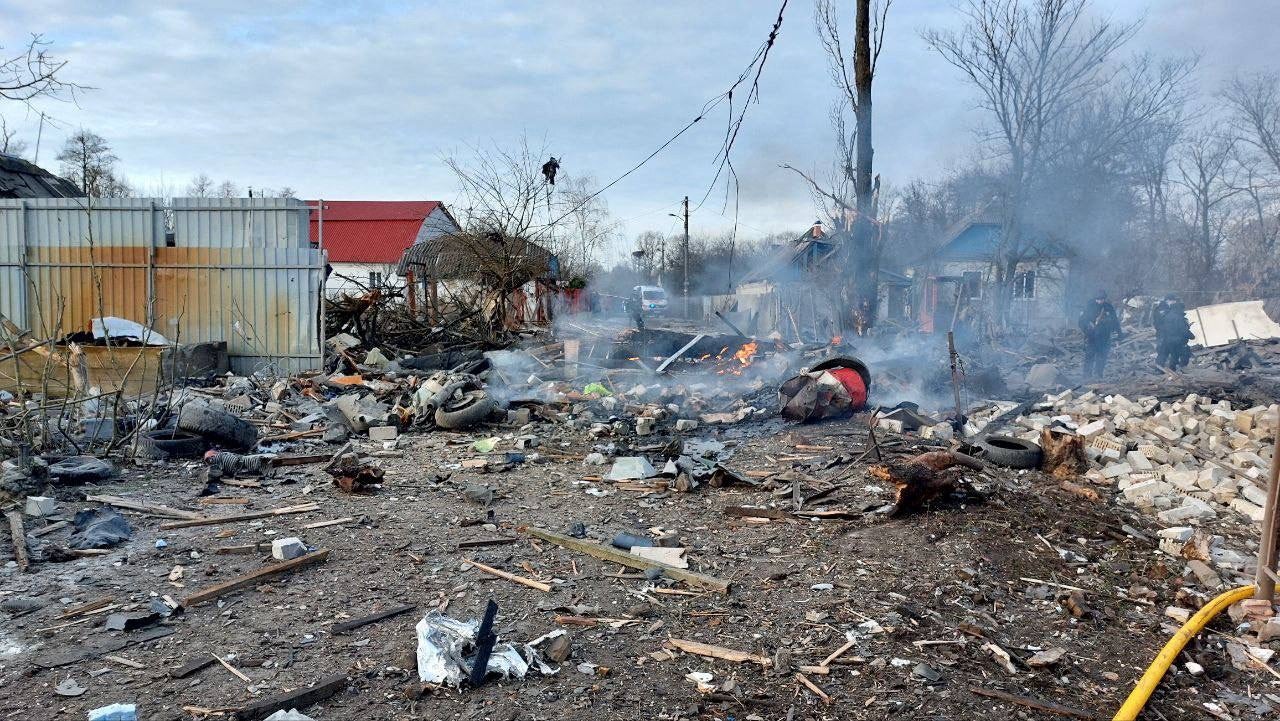
As the Russian invasion of Ukraine approaches its first anniversary, both sides are preparing for fresh offensives with flickering hopes of a ceasefire extinguished almost as soon as they surface.
For the historian Timothy Snyder, this war in the heart of Europe, one of the most momentous in recent history, will end with paradigm shifts and a new reality in the international order – but not the cataclysmic nuclear apocalypse some fear.
Speaking to The Independent, he says: “Putin has introduced nuclear rhetoric. There is a temptation to give in to nuclear blackmail, it has become a matter of obsessive importance to many. This is what Putin wants, to make us worry about threats he is just alluding to.
“We need to keep a perspective on this, need to remember that superpowers lost in Vietnam and Afghanistan humiliatingly and didn’t use nuclear weapons. There is a realisation that it is essential to support Ukraine, not just by the Biden administration, but Nato and democratic countries.”
Snyder, whose writing and teaching courses as a professor at Yale University have focused on Ukraine and Russia, is a vociferous advocate for Ukraine, fulsomely espousing the country’s fighting spirit and holding that a Russian defeat is essential for democracy. His online lecture course, “The Making of Modern Ukraine”, has been viewed by more than 4.6 million on YouTube in 70 countries.
The admiration is reciprocated. To Volodymyr Zelensky: “Timothy Snyder is an outstanding historian and a true friend of Ukraine who tells the whole world about the importance of Ukraine, its true history, values, the way they were shaped, and why we need to protect them.”
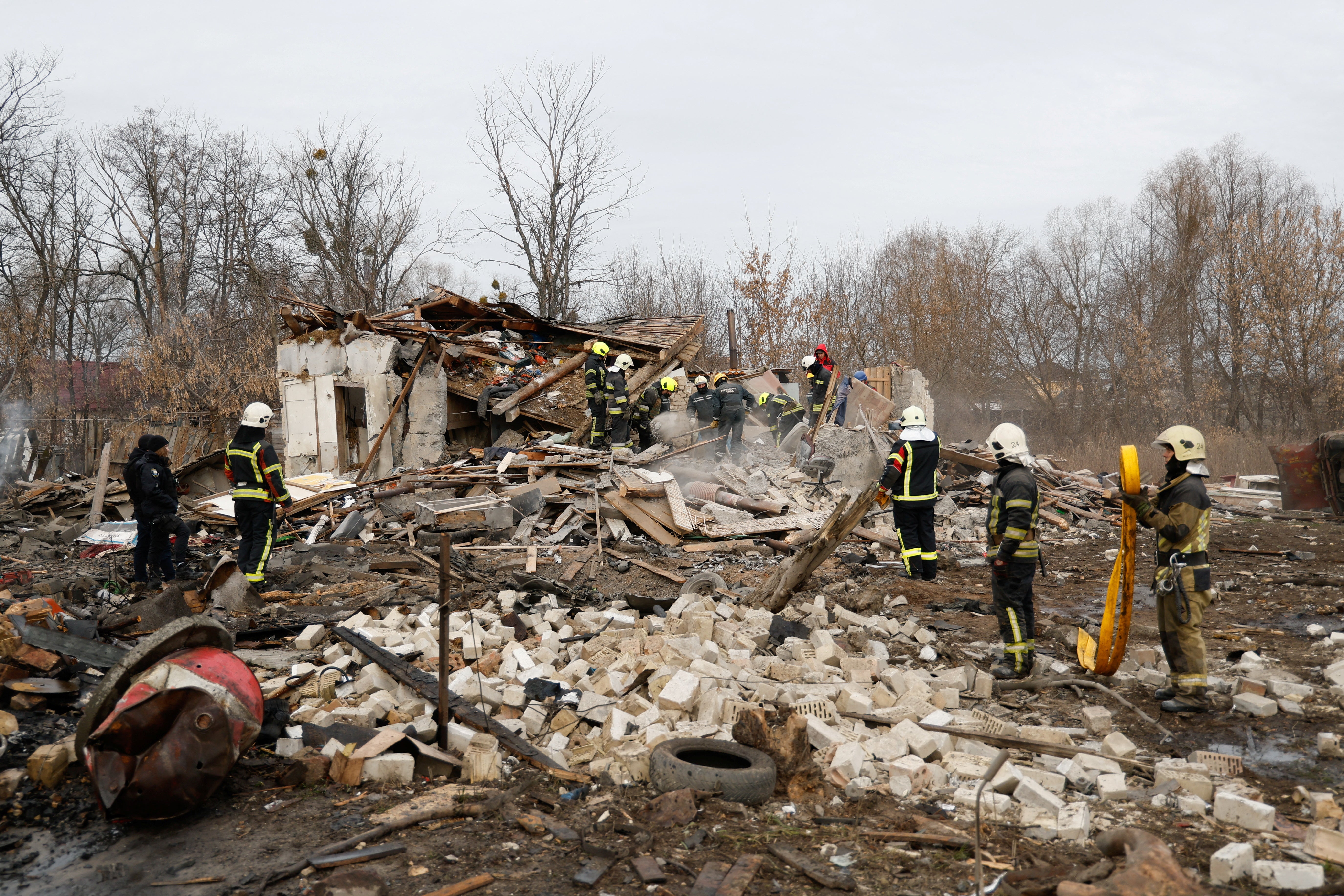
Earlier this week Putin announced he was open to negotiations to end the conflict. Ukraine’s foreign minister, Dmytro Kuleba, followed up by saying his government would be open to a “peace” summit at the UN, with secretary general Antonio Guterres as the mediator.
A day later, however, the response from the Kremlin was uncompromising. Foreign minister Sergei Lavrov issued an ultimatum that unless Ukraine accepted Russia’s demands including “demilitarisation and denazification” and acceptance of territorial losses, the Russian army will “decide the issue”. This was followed by intense strikes across Ukraine on Kherson, Kyiv, Zhytomyr and Odesa.
For Snyder, this was further evidence that Moscow is not serious about peace. In any event, he asks, why should Ukraine accept the loss of sovereign territories when it has been successfully retaking swathes of it in the military campaign? I last met Snyder in Ukraine in September when the current Ukrainian counter-offensive began in the Kharkiv oblast, taking key strategic towns like Izyum.
The success of the troops led to the reclamation of towns and villages such as Lyman in the Donbas and Kherson in the south, a key target for the Russians. Such victories helped steady Western backing, which seemed to be fraying, for Ukraine.
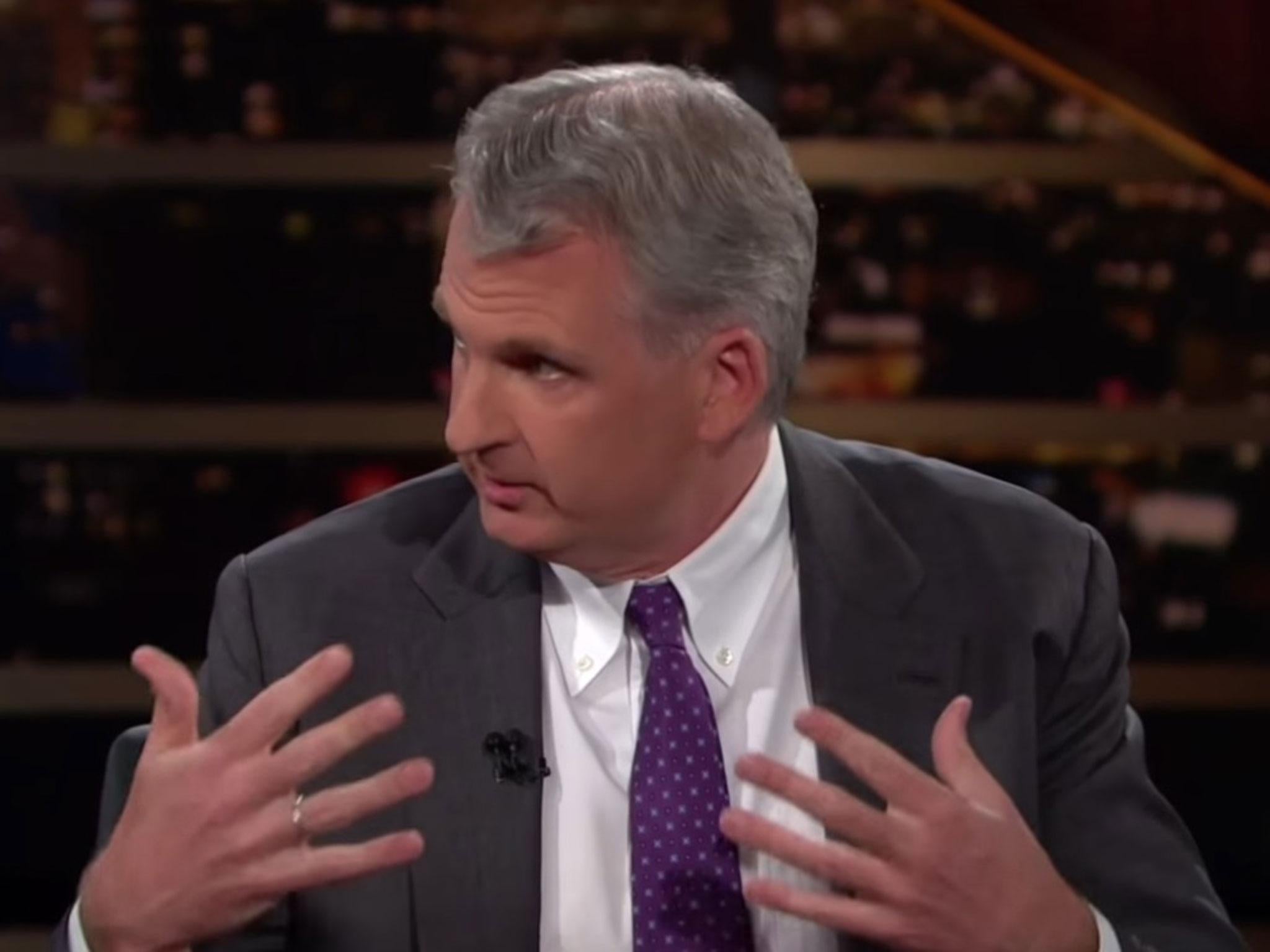
Last week Zelensky went to Washington to address a joint session of Congress and receive confirmation of a US civilian and aid package of $45m (£37m), including Patriot missile defence systems.
“What is very apparent now is that Ukrainians are great warriors and [there is] recognition that they are fighting this war for all of us, for the democratic world,” says Snyder. “And they are doing this calmly against an enemy which has committed terrible atrocities, and openly wanted the destruction of their country.”
Snyder is doing his own bit. He is a leading figure, along with the actor Mark Hamill of Star Wars fame, and the superstar singer and actor Barbra Streisand in a crowdfunding campaign to raise $1.25m organised by the Ukrainian group United 24. The money raised is for “Shahid Hunter”, a system to counter the Iranian-made Shahid drones being used by Russia to inflict severe damage to infrastructure, aimed at cutting off electricity and heating during the bitter winter months.
“We are halfway there with the funding, which is great,” says Snyder. “I could have become involved in other projects like restoring libraries. That would have been easier. I didn’t want to do the easy thing. I asked the Ukrainians what they wanted, and they said focus on drones. It makes sense to focus on something which is targeting civilians, a crime the Russians are committing.”
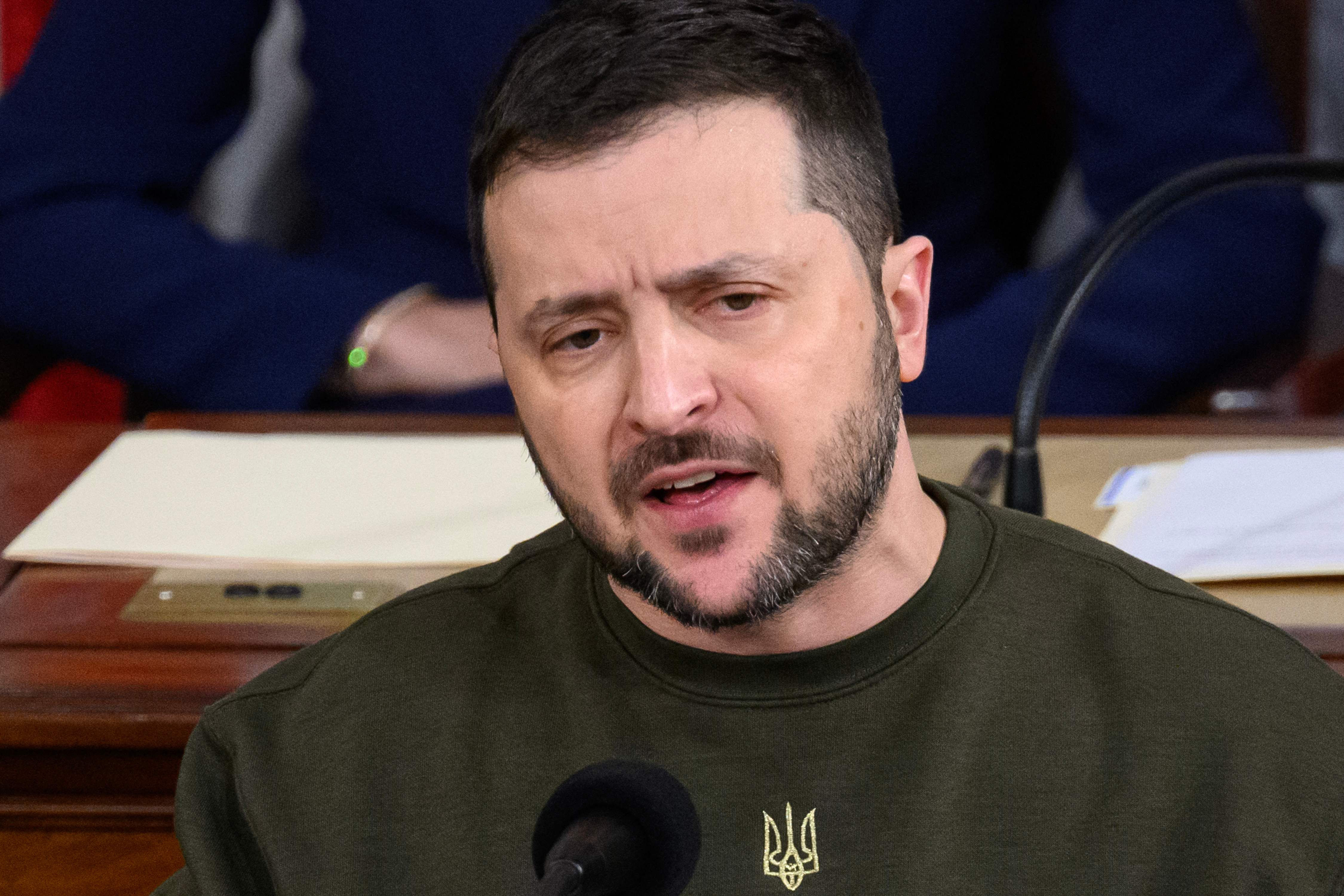
There needs to be focus on the broader aspect of war crimes, Snyder wants to stress, and efforts should not falter just because it may be difficult to make perpetrators face justice. “Was Nuremberg important because some people were executed, or because of the principles it established? There needs to be a tribunal to examine what happened, we need to record for history what is being done in Ukraine.”
Snyder’s own interpretation of history has been criticised in some quarters. His book Bloodlands, which charts the deaths of 14 million people in eastern and central Europe at the time of Hitler and Stalin, has received widespread praise but has also been attacked by some on the far left for allegedly pandering to right-wing nationalism.
In Snyder’s own homeland, there are strident voices against the Biden administration’s support for Ukraine, mainly from supporters of Donald Trump, such as Fox broadcaster Tucker Carlson and Republican congresswoman Marjorie Taylor Greene. Despite such dissent, there is still broad backing among both Democrats and Republicans for supporting Ukraine, Snyder maintains. “The progress being made by Ukrainian forces shows that the investment being made is paying off. This is not just an investment in this conflict, but deterrence against other ones.
“What is happening in Ukraine may well deter China from attacking Taiwan. At the end of this war, the world may well be a safer place.”
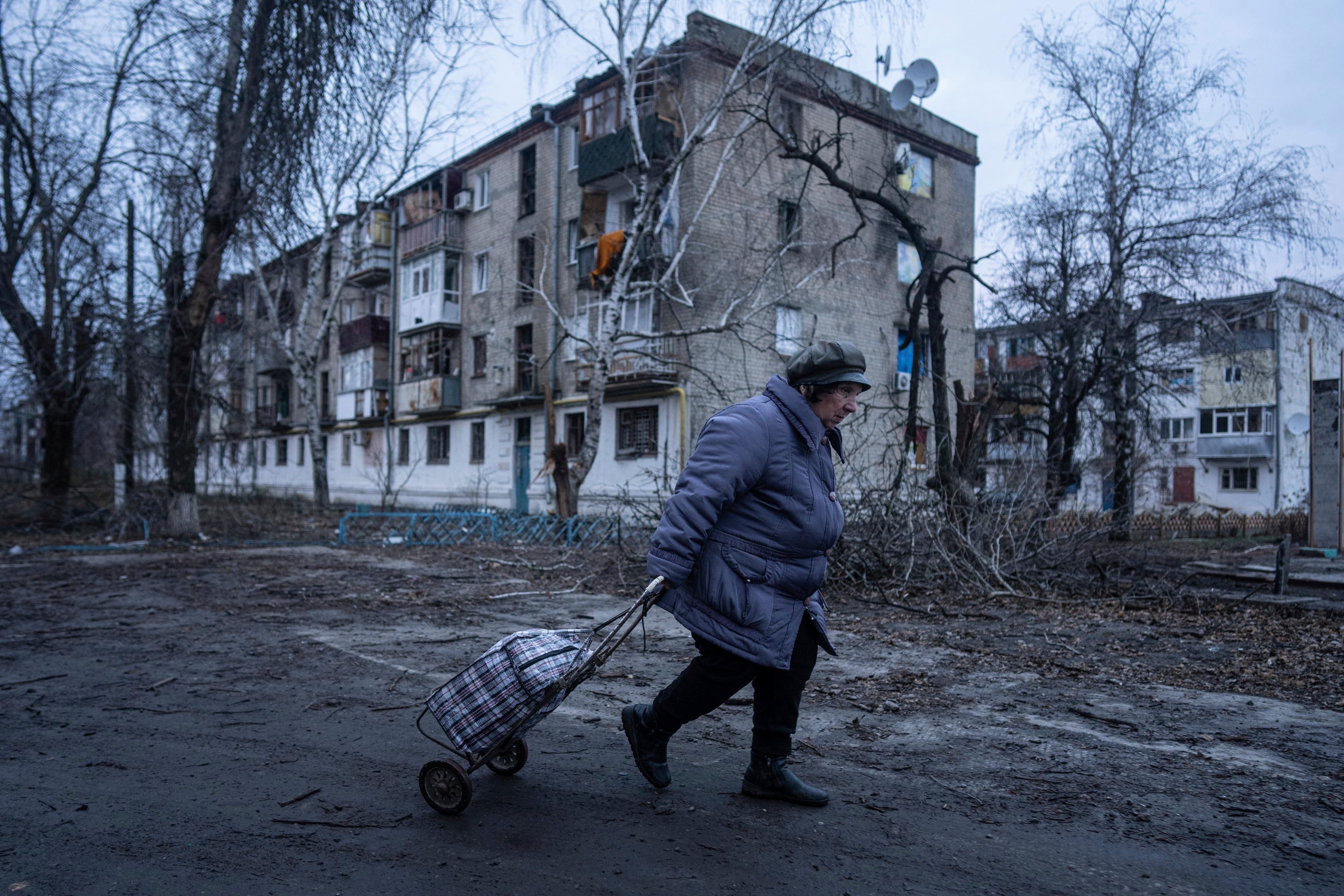
How and when the war will end is an issue of widespread debate and conjecture.
Snyder holds: “It isn’t just Russian forces in Ukraine that are in retreat, Putin is really in retreat. Ordering mobilisation is plainly not something he wanted to do. It was big enough to anger the population but not big enough to change the course of the war.
“We have seen hundreds of thousands of Russians leave the country because of mobilisation. Those who have been sent to the war, survive and come back will be dissatisfied and angry, they will just add to those in the military who are discontented. We have seen that discontent in very senior ranks, the High Command being brutally criticised.”
Reflecting on the future, Snyder adds: “Putin has rivals, others will emerge. We don’t know how any power struggle will go in Russia. I don’t expect anything sudden or dramatic: we’ll hear less and less of Putin, more from others in the hierarchy, it’s possible he may just fade away.”






Join our commenting forum
Join thought-provoking conversations, follow other Independent readers and see their replies
4Comments